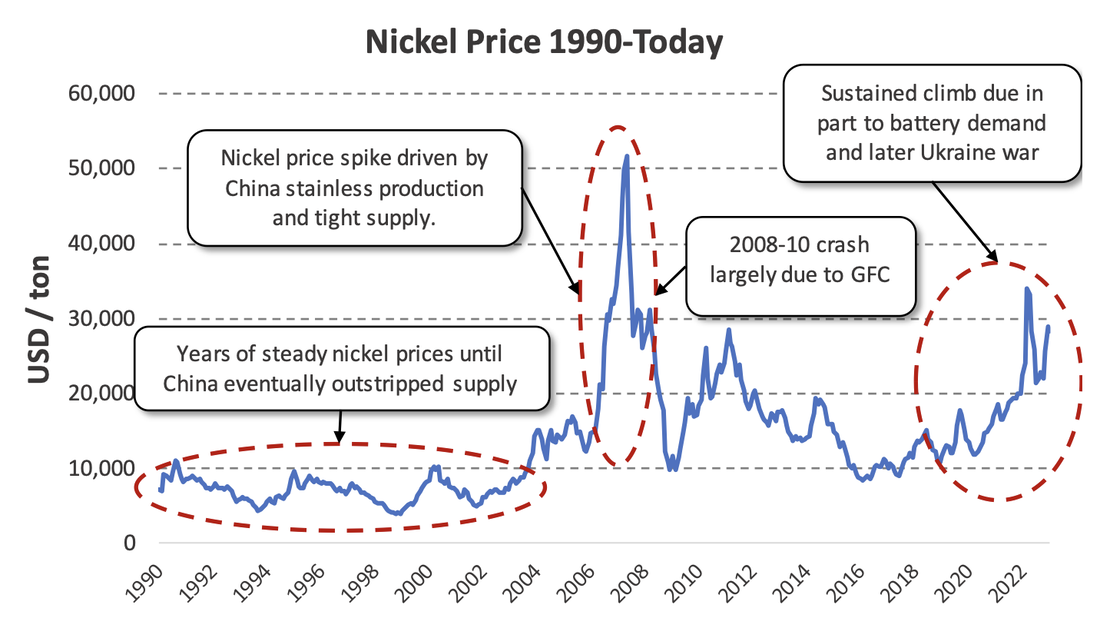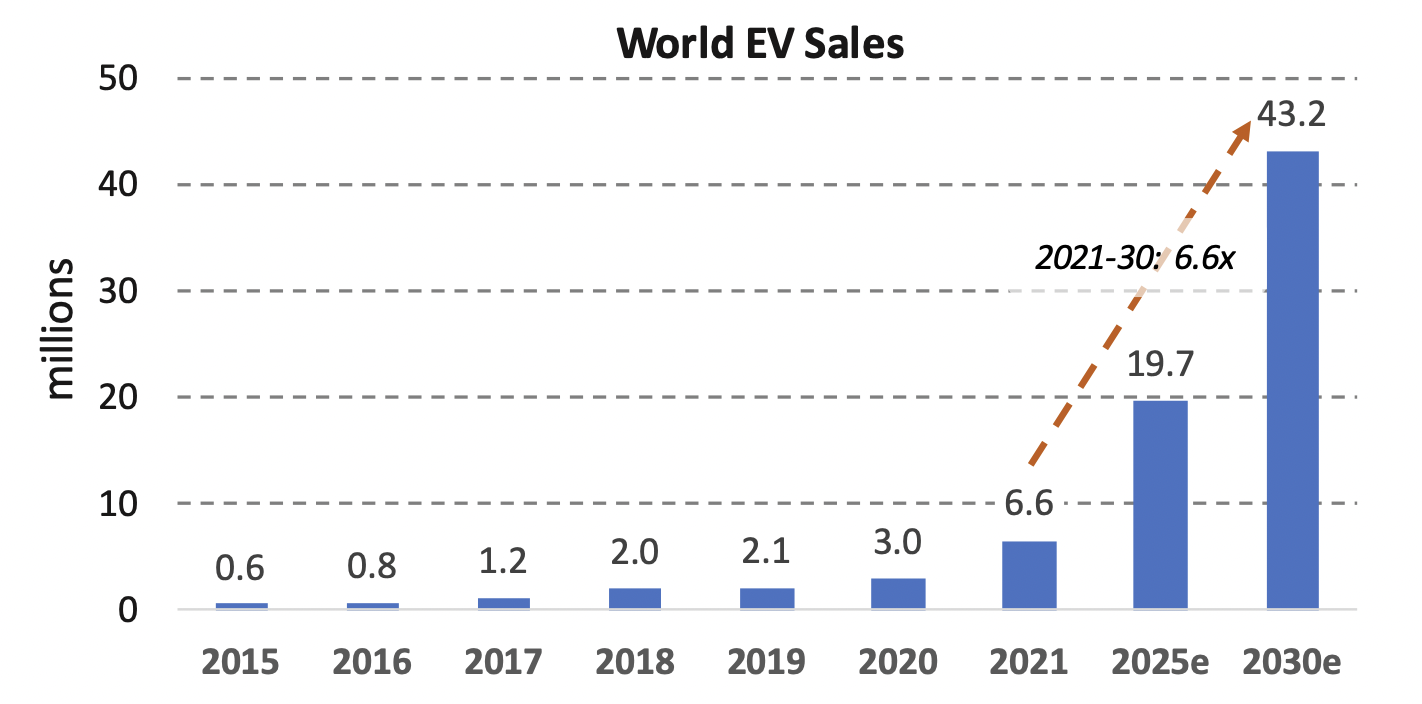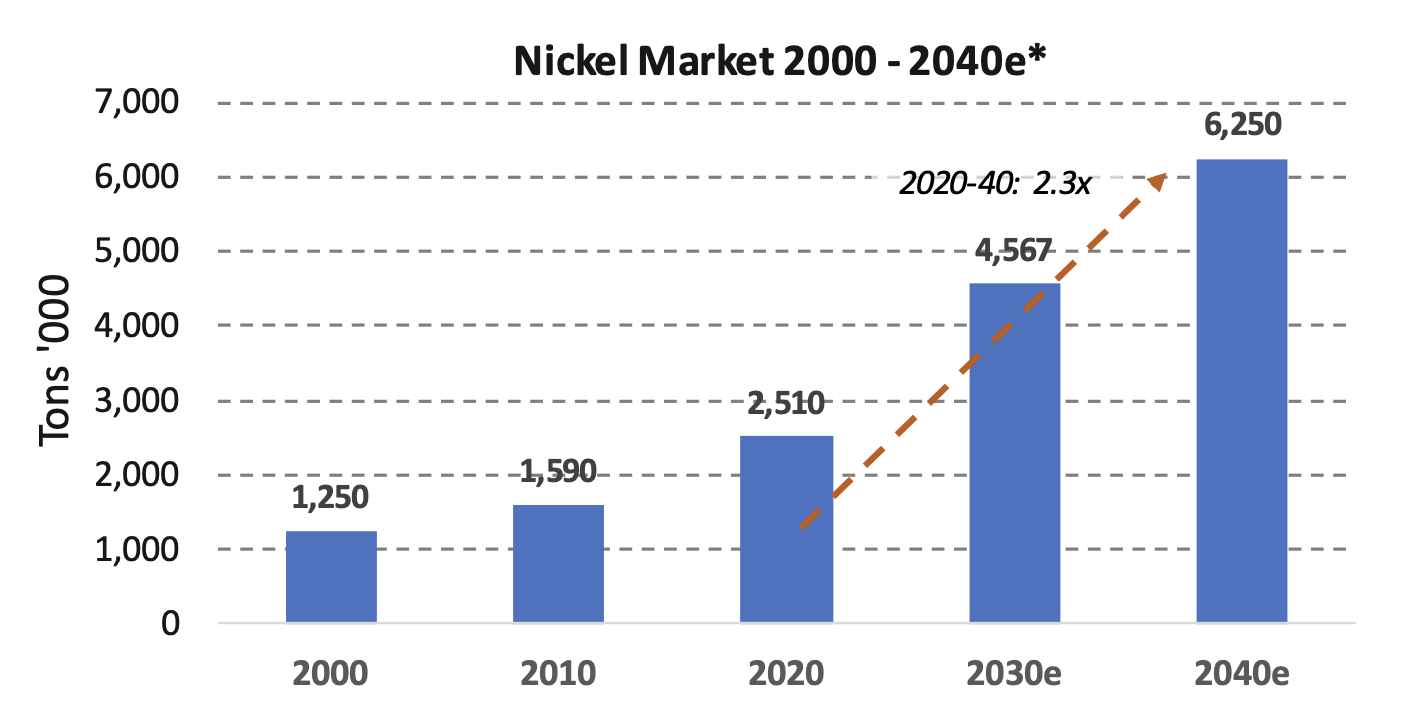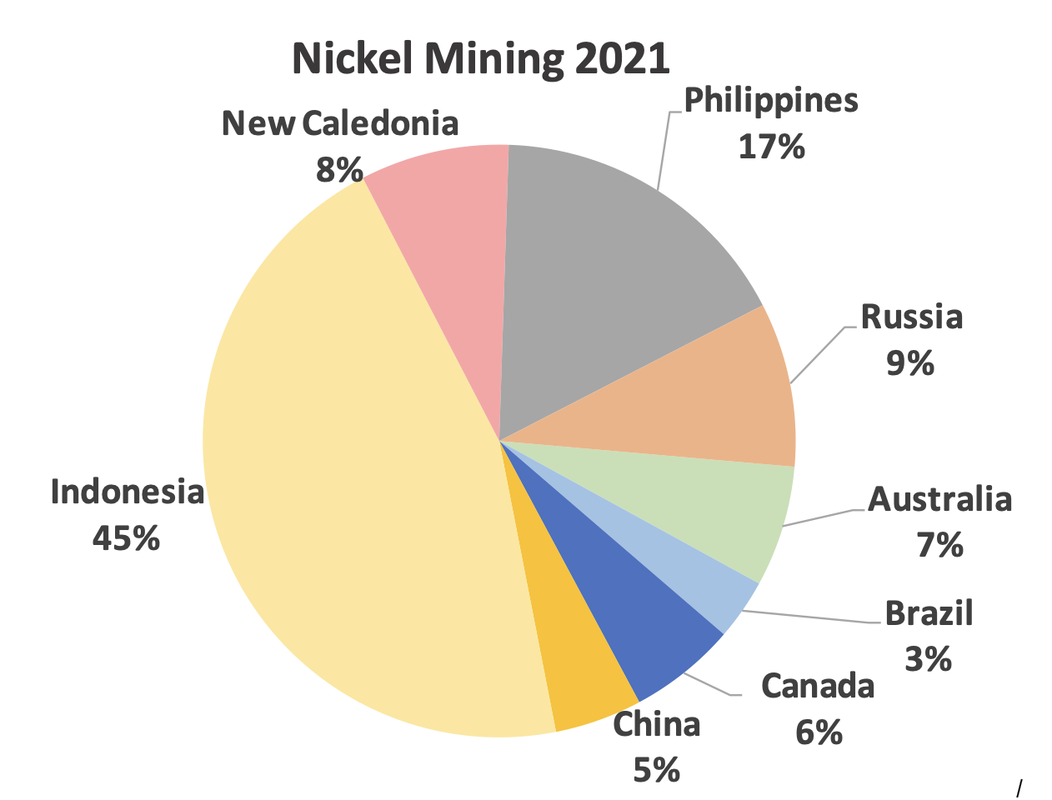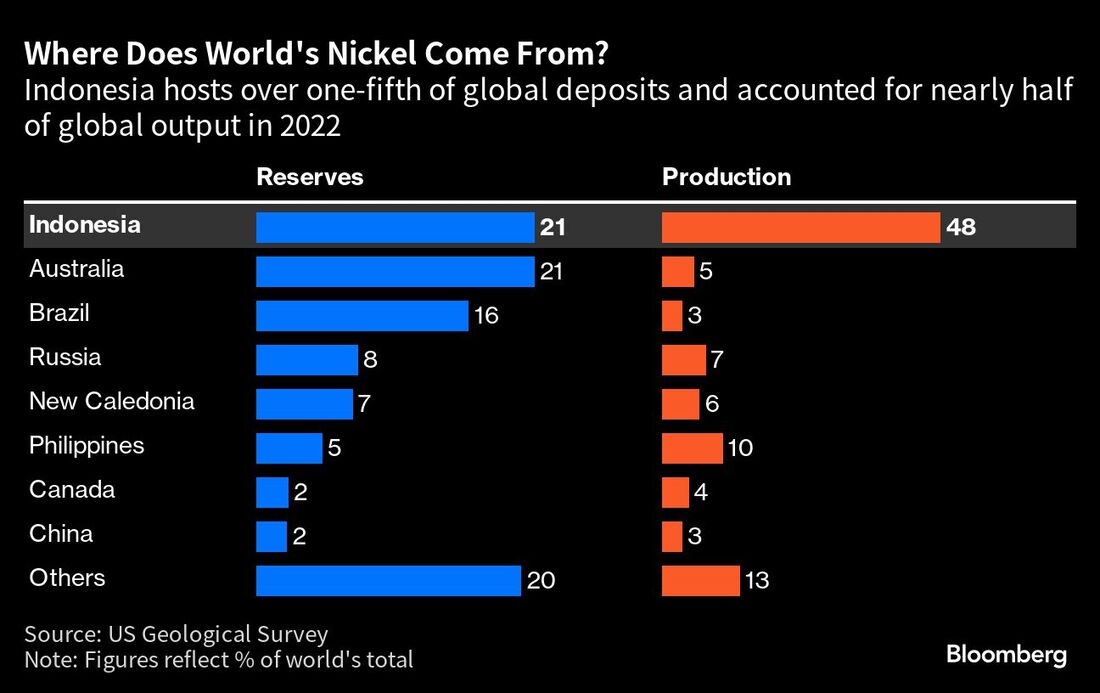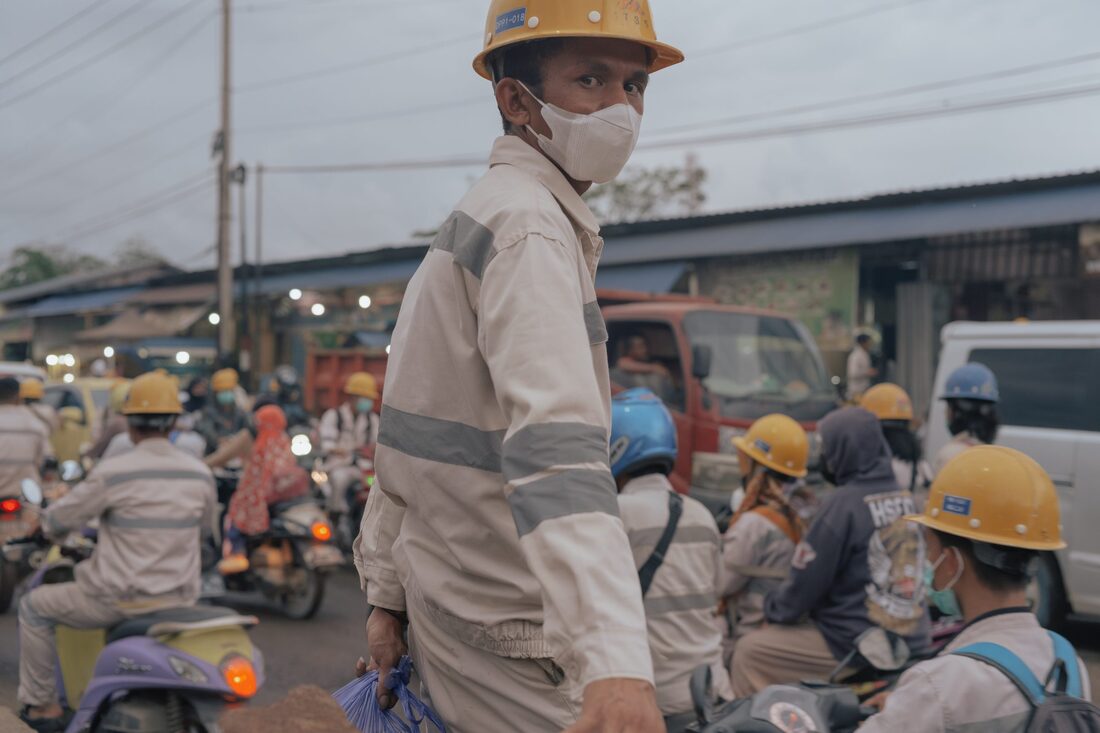19.12.2023
As EVs Surge, So Does Nickel Mining’s Death Toll
In the mineral-rich fringes of Indonesia, whose nickel will feed EV giants like Tesla, the deaths of miners continue to mount.
- Chinese demand for nickel, an important ingredient in EV batteries, has triggered a mining boom in the remote regions of Indonesia. Deaths and injuries from industrial accidents have been racking up.
- Indonesia has signed over a dozen deals worth more than $15 billion with suppliers for EV giants like Tesla and Hyundai Motor. “We're creating a ticking time bomb,” said an activist, “that can explode at any time.”
- In recent years, the country has become a key player in the EV industry. It has massively increased its annual nickel extraction — from 345,000 metric tons (MT) in 2017 to 1.6 million MT in 2022 — and is now rapidly building out its EV battery industry. According to Reuters, over the past three years, Indonesia has struck over a dozen deals “worth more than $15 billion for battery materials and electric vehicle production with global manufacturers including Hyundai, LG, and Foxconn” and is now actively courting Tesla.
- According to data from the Indonesian government, about 50 nickel mining companies currently operate in North Konawe Regency, across the water from Labengki Island. But deforestation, coupled with waste, pollution, high carbon emissions and displacement of villages, has put pressure on the government and miners to clean up their act and on carmakers to search for alternative sources of nickel, such as Australia. President Joko Widodo said in March Indonesia would step up scrutiny of the sector and tell companies to reforest depleted mining regions
- Credit: DW
Poverty deprives people of adequate education, health care and of life's most basic necessities- safe living conditions (including clean air and clean drinking water) and an adequate food supply. The developed (industrialized) countries today account for roughly 20 percent of the world's population but control about 80 percent of the world's wealth.
Poverty and pollution seem to operate in a vicious cycle that, so far, has been hard to break. Even in the developed nations, the gap between the rich and the poor is evident in their respective social and environmental conditions.
Poverty and pollution seem to operate in a vicious cycle that, so far, has been hard to break. Even in the developed nations, the gap between the rich and the poor is evident in their respective social and environmental conditions.














